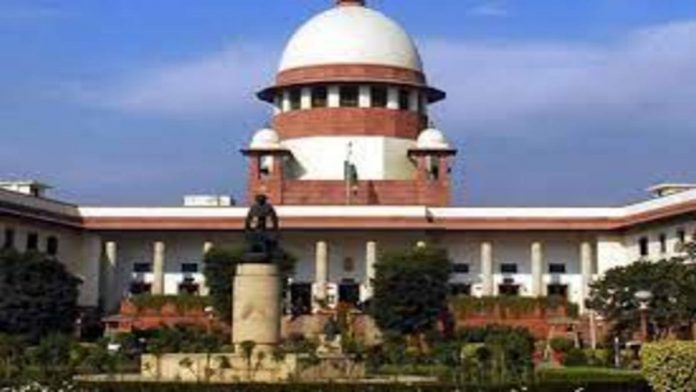The Supreme Court on Wednesday cancelled the Maratha quota saying it breaches equality and cannot exceed 50%.
The verdict was given after hearing a bunch of petitions challenging the Bombay High Court previous verdict which had granted reservations to Marathas in education as well as government jobs.
A five-judge bench headed by Justice Ashok Bhushan and others comprised Justices S Abdul Nazeer, L Nageswara, S Ravindra Bhat and Hemant Gupta gave the verdict on Wedesday.
“States have no power to add any caste to socially economically backward caste list due to the amendment made by parliament,” said the Supreme Court. “States can only identify the castes and suggest to the Centre…Only President can add the caste to SEBC list guided by the National Backward Classes Commission.”
However, the verdict also said that the admissions made to post-graduate medical courses and appointments made already will not be affected by today’s new development.
The bench also said that there was no need to reconsider the 50% cap that was odered by the top court in Mandal Judgement, 1992.
The last judgement passed on this reservation was in 2018, when the state BJP government passed the Socially and Educationally Backward Classes (SEBC) Act which provided 16% reservation to the Maratha Community.
Over a petition arguing the Maharashtra government’s decision on reservation the Bombay High Court had upheld the quota in 2019. The apex court had put the Bombay Court on hold last year.
The petitioner claimed that the ruling was unconstitutional as the quota was exceeding 50%.
The Centre, who supports the reservation said that states are authorised to grant reservation and it is totally constitutional.
“If there is no 50 per cent or no limit, as you are suggesting, what is the concept of equality then. We will ultimately have to deal with it. What is your reflection on that…? What about the resultant inequality? How many generations will you continue?” said the bench to the Centre on March 26.
The verdict was reserved by the court last month.




